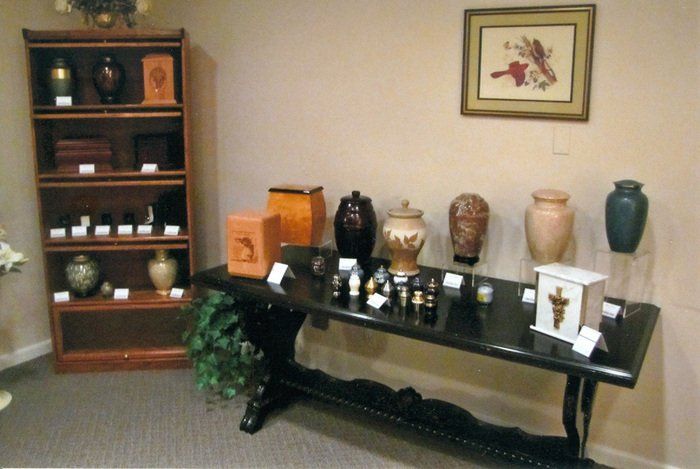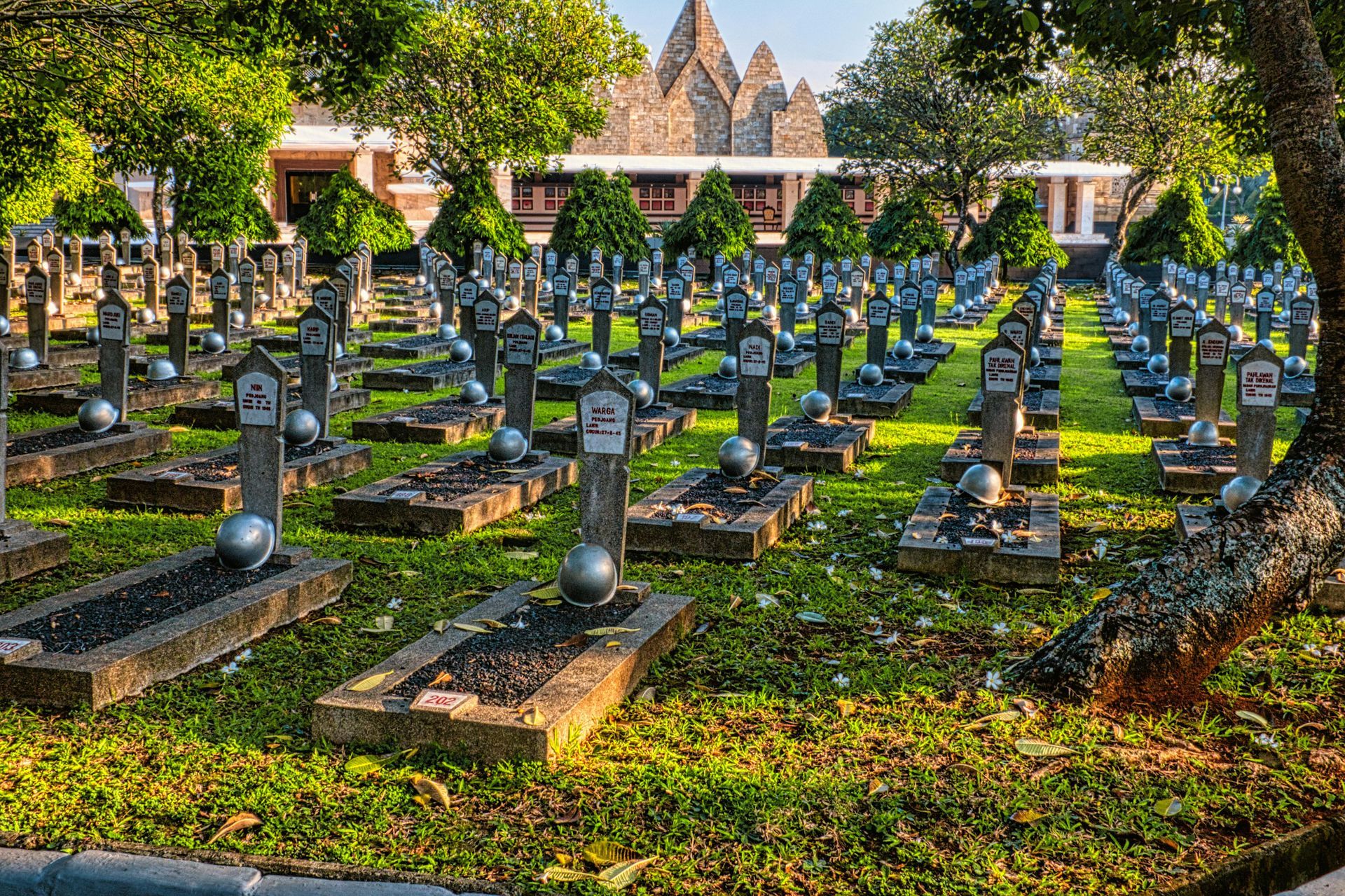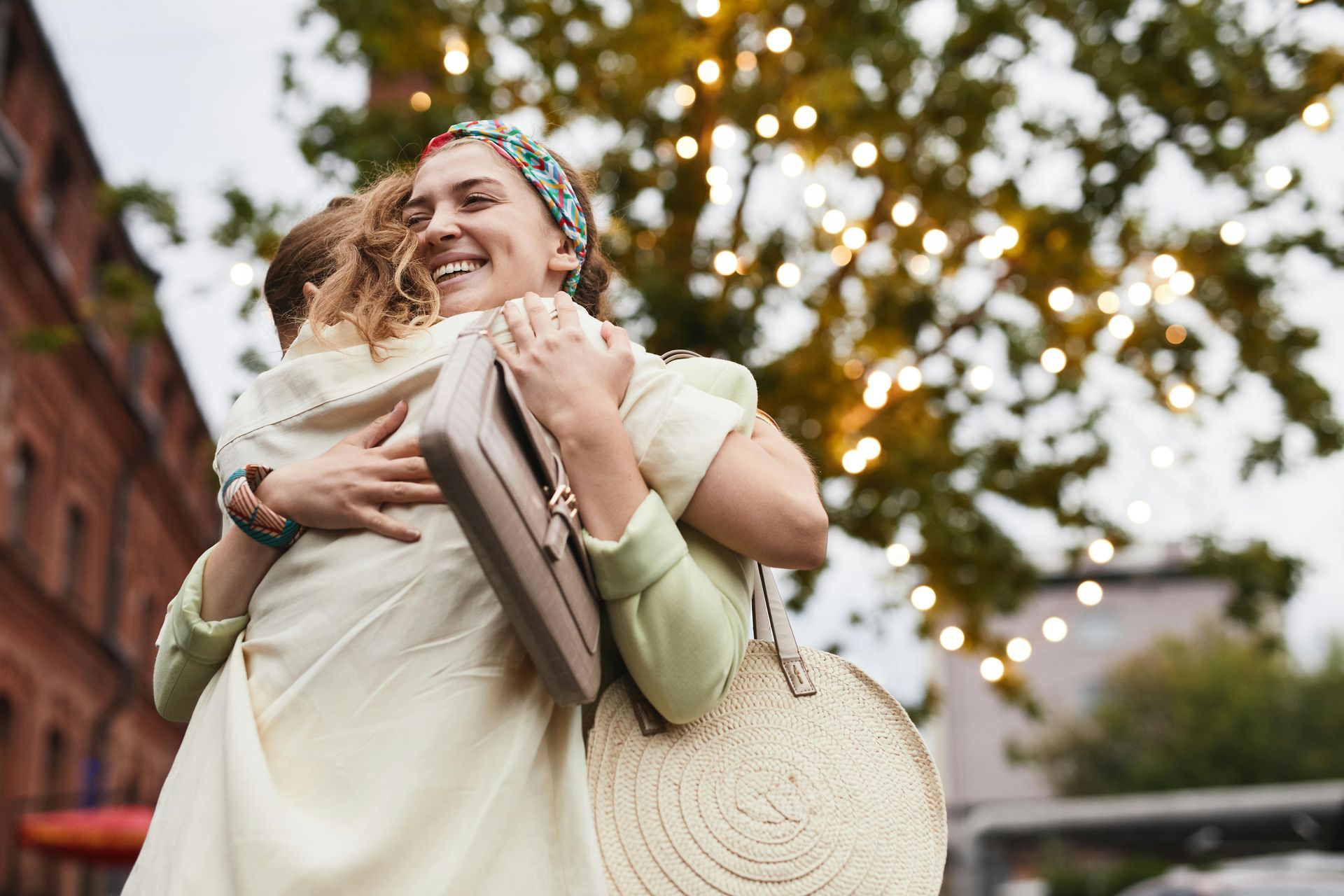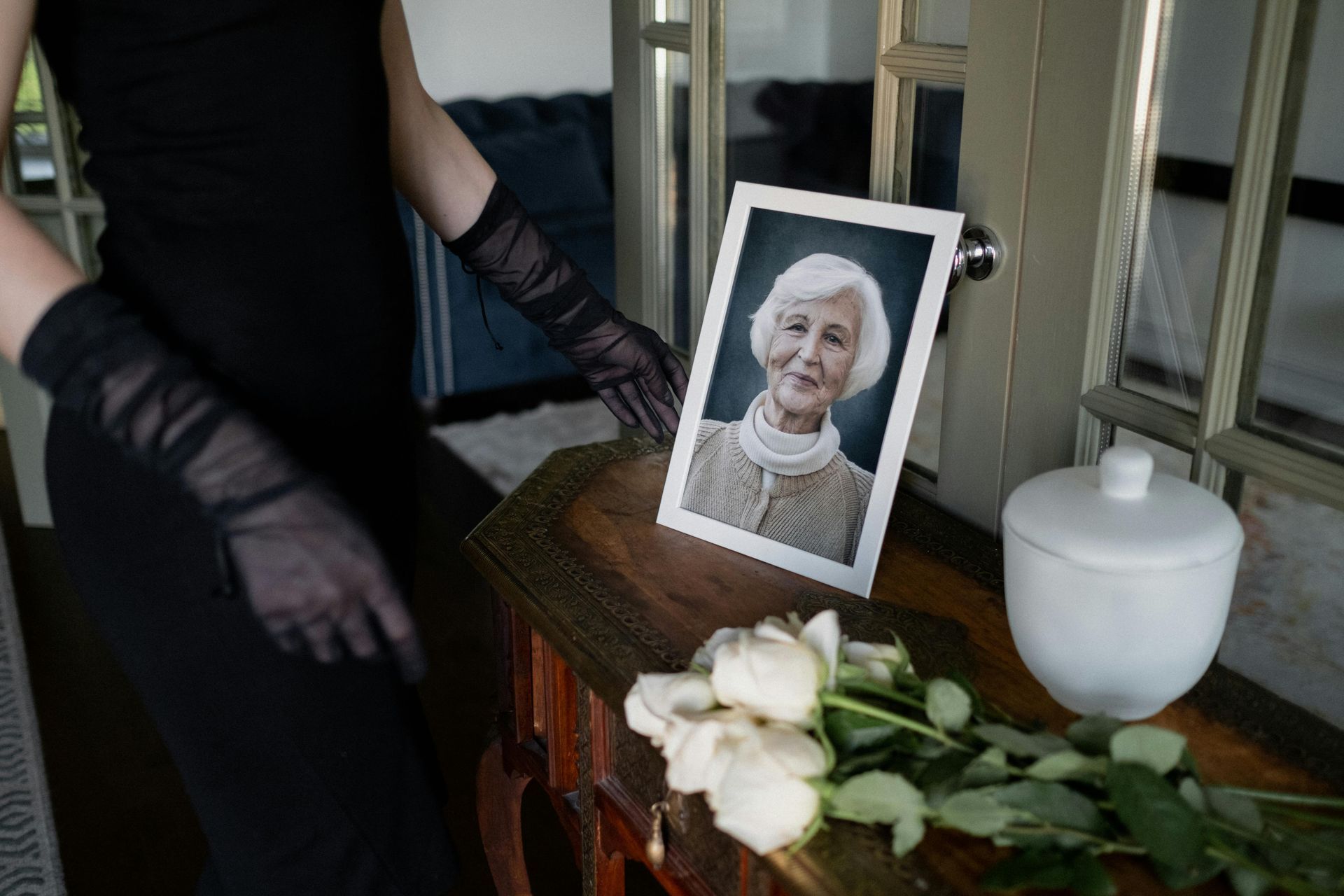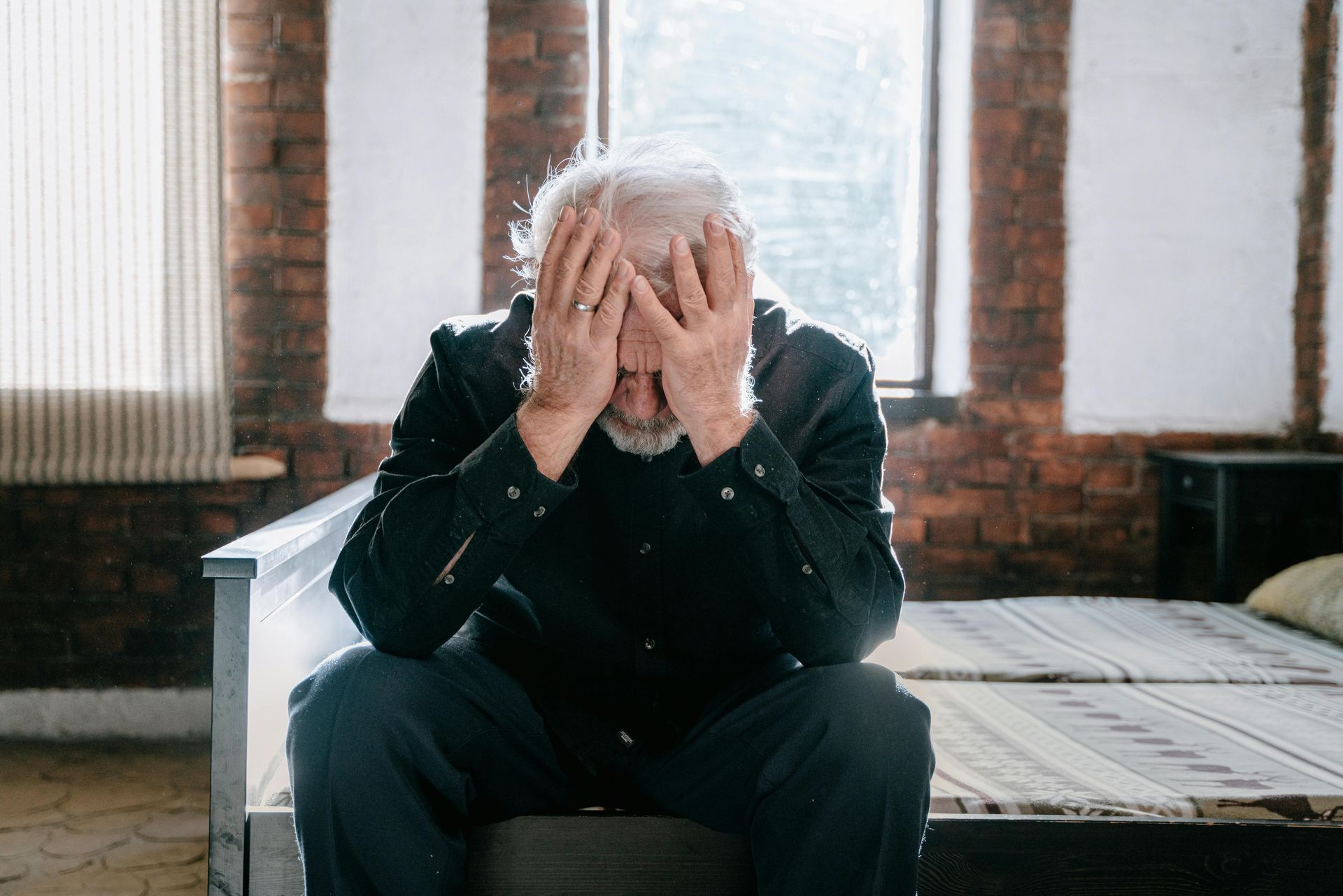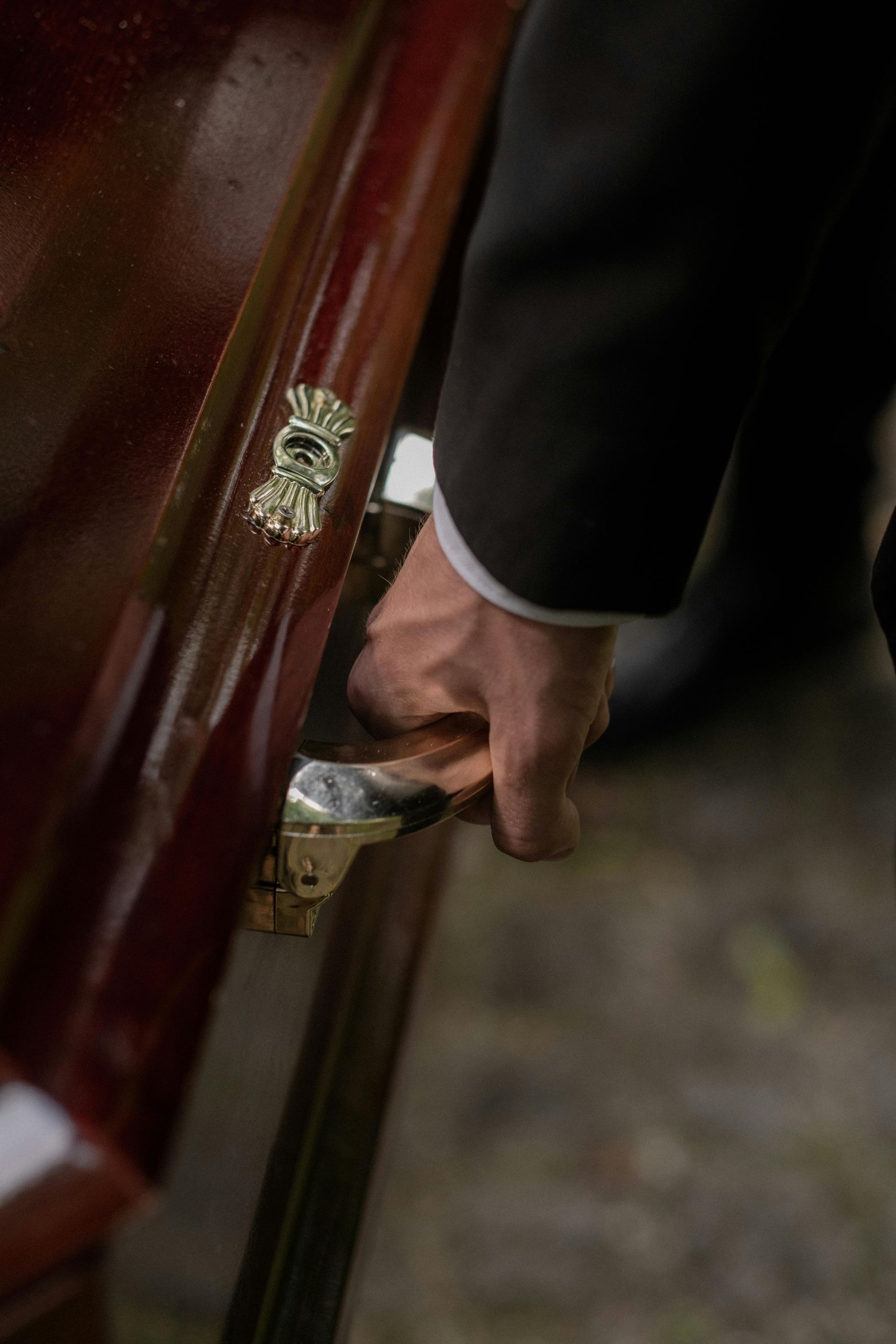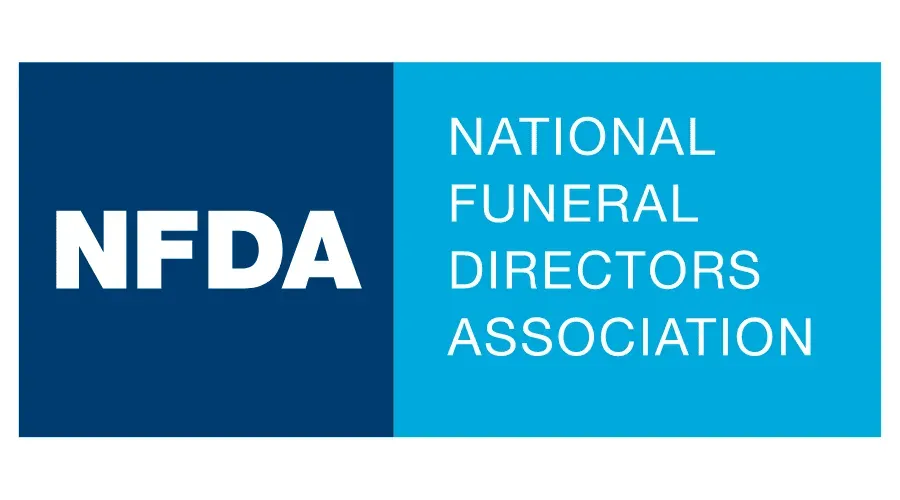The Ultimate Guide to Accident Prevention at Home
What to Do in Case of an Emergency?

In an emergency, it’s important to know what to do. Need some pointers? We’ve got you. Here are a couple of tips on how to handle household accidents.
Don’t panic. Staying calm might seem difficult when facing an emergency, but it’s one of the most important things you can do. Take a few deep breaths to center yourself so you focus on taking care of the situation at hand.
If necessary, call your local emergency contacts. Sometimes, things happen that require the assistance of trained professionals. Look up the emergency contact numbers in your area and program them into your phone – extra points for putting them on speed dial.
What Should Be in Your At-Home First Aid Kit?
Properly outfitting your first aid kit is an excellent start to accident preparation and prevention. The American Red Cross recommends keeping a first-aid kit in your home and your car so you’re ready for any situations that come your way.
Essentials for an at-home first aid kit
No matter what, make sure you’ve got these essentials on hand:
- A first-aid manual
- Adhesive bandages in various sizes
- Antibiotic ointment
- Super glue
- Hydrogen peroxide
- First Aid Solution
- Sterile gauze pads in various sizes
- Tweezers
First aid kit supply checklist.
You can purchase ready-made first aid kits or make your own. Whether you’re re-upping on supplies or purchasing for the first time, use this comprehensive list (for a family of four) to get everything you’ll need.
- 2 absorbent compress dressings
- 25 adhesive bandages in various sizes
- 1 adhesive cloth tape
- 5 antibiotic ointment packets
- 5 antiseptic wipe packets
- 2 packets of aspirin
- 1 emergency blanket
- 1 breathing barrier with a one-way valve
- 1 instant cold compress
- 2 pairs of nonlatex gloves
- 2 hydrocortisone ointment packets
- 1 gauze roll bandage
- 1 roller bandage
- 5 sterile gauze pads
- 5 sterile gauze pads
- Oral thermometer (non-glass)
- 2 triangular bandages
- Tweezers
- Emergency First Aid guide
- Flashlight
- Safety pins
- Calamine lotion
- Sharp scissors
- Soap
- List of emergency phone numbers
A kid-friendly first-aid kit
For families with children, having a first aid kit available for your kids to use is always a good idea. Please put it in an easy-to-reach place and show your kids where it’s located and how to use each item. Stock your kid’s kit with the following:
- List of emergency phone numbers (including the numbers of relatives or family friends who live nearby)
- Flashlight
- Adhesive bandages
- Antibiotic ointment
Preventing Falls
Falls are among the most common household accidents but are also easy to prevent. Here are the top tips on fall prevention.
Slip-proof your floors. Wipe up any liquid messes as soon as they happen. Just mopped the floor. Make sure everyone in the house knows not to walk on it until it’s completely dry.
Properly light dark areas. Put lights on your stairs and install night lights in the bedroom and bathroom. Keep rooms well-lit, especially if elders or children live in your home.
Install handrails on stairs. Install handrails along your stairs for your family to hold onto as they go from floor to floor.
Clear clutter. Remove any hazardous obstacles from walkways. Instead of placing items on the floor, try storing them in totes, bins, cupboards, or shelves.
Get rid of frayed rugs. Rugs that don’t lie completely flat on the floor or have frayed spots are a tripping hazard.
Preventing Outdoor Accidents
Do you spend a lot of time outdoors? Use these tips to prevent accidents in and around your yard.
Clear sidewalks. Prevent outdoor accidents with a hard-and-fast rule: no bikes, kites, boxes, trash, or other items can be left on or near the sidewalk.
Fix broken steps. If you notice that your steps are beginning to crack or break, have them fixed as soon as possible.
Illuminate the sidewalk. Line your sidewalk with lights to help your family walk safely at night and on overcast days.
Clean up any safety hazards, such as ladders. Put away ladders and tools immediately after using them, and keep hazardous chemicals like paint away from children and walkways.
Protect children and elders
Childproofing, babyproofing, and elderly-proofing your home are simple ways to stop home accidents before they happen. Don’t forget your pets, too!
Stairs. Install stair or plug-in night lights at the top and bottom of any staircases in your home. Safety gates should be put at the top and bottom of the stairs for babies and young children, and banister guards should be used to keep kids from getting stuck between the balusters.
Windows. Install window guards to keep your children safe around the windows. Make sure they’re easy for older children and adults to open in the event of a fire. Don’t place furniture near windows.
Babyproofing must be kept out of reach of tiny hands and mouths.
Toy Safety
Certain safety concerns must be considered before introducing a new toy to your child. Here are some important points about toy safety.
Check for manufacturing recalls. Keep an eye on manufacturing recalls for any toys you purchase for your child. The Consumer Product Safety Commission regularly issues a product recall report, which includes children’s toys.
Read warning labels and packaging information. Many toys aren’t suitable for children under a certain age, so check warning labels and packaging information to ensure the toy is okay for your child.
Avoid toys with small parts. Children under age three shouldn’t be allowed to play with toys with small parts they might put in their mouths. Avoid balloons, bean bag chairs, and toys that quickly fall apart.
Discard all packaging and plastic bags, especially around young children. Kids love unpacking new toys, but little kids also like the packaging, which can pose a risk to them. Ensure you toss any packaging and plastic the toy came in immediately.
Heater Safety
Space heaters are magical technology, but exercise caution when using them. Use your space heater safely with these easy-to-apply tips.
Never put space heaters near anything that can ignite. Keep your space heater at least five feet away from anything flammable, such as your bed, the couch, the curtains, a blanket, a bag, or a bookshelf.
Turn off space heaters when sleeping or leaving a room. Left unattended, a space heater can become a major safety hazard. Always turn your space heater off before exiting a room or sleeping.
Supervise children or pets when a space heater is in use. Tell older kids not to touch the space heater when it’s on and monitor younger children carefully to prevent accidents.
Never use a space heater to dry clothing or blankets. As tempting as it is to dry your socks or sweater with the space heater, it can do more harm than good. Keep clothes and other flammables away from your space heater.
Natural Gas Safety
Furnaces, ranges, water heaters, clothes dryers—if any of these appliances use natural gas, it’s a good idea to consider gas leak prevention. First, make sure all your appliances have been properly installed. Replace old gas line fittings or shut-off valves if they’re past their prime. Check your gas appliances regularly and have your gas line monitored. Maintain your HVAC system and install a carbon monoxide detector if you haven’t already got one.
If you suspect a gas leak, call your gas company immediately, shut off the gas supply immediately, open your doors and windows, and turn off any electrical devices.
Electrical Appliance Safety
Household accidents involving electricity are quite common. Use these safety tips to minimize the risk associated with your electrical appliances.
Keep appliances away from water at all times. Electricity and water don’t play well together, so keep your electrical appliances away from water to avoid danger.
Don’t plug too many appliances into the same outlet at once. An electrician if your lights flicker or dim. Are your lights acting a little funny? Get it checked out by a professional before it becomes a bigger problem. Flickering or dim lights could be a sign of loose or poor wiring.
Holiday Decoration Safety
Decorations are given on many holidays, but it is important to use them safely. Check out these tips to have a fun and safe holiday.
Read all instructions before hanging decorations. Read the instructions before hanging any holiday decorations. Certain decorations, like lights or other electrical decorations, have specific requirements that need to be followed to prevent accidents.
Never overload an outlet or string lights together inappropriately. Use a power strip or spread your lights out to avoid overloading a single outlet, and check the manufacturer’s instructions to see how many lights you can safely string together.
Clear all cords and wires from common areas. Cords in walkways or paths inside or outside your home can cause safety hazards. Tuck them out of the way to prevent accidents.
Unplug holiday lights when you leave the house or go to sleep. Don’t leave holiday lights unattended – they can quickly heat up and become safety hazards. Before you go out or sleep, ensure you’ve turned off and unplugged your string lights.
Home safety is a simple matter of looking at potential hazards and removing them before they put someone’s well-being at risk. Walkthrough your home each month with an eye to potential hazards—check the light bulbs, smoke and carbon monoxide detectors, stairs, railings, and other common household hazards. Fix anything that needs fixing right away, and you can enjoy peace of mind that your home is as safe as possible for everyone who lives in it.

